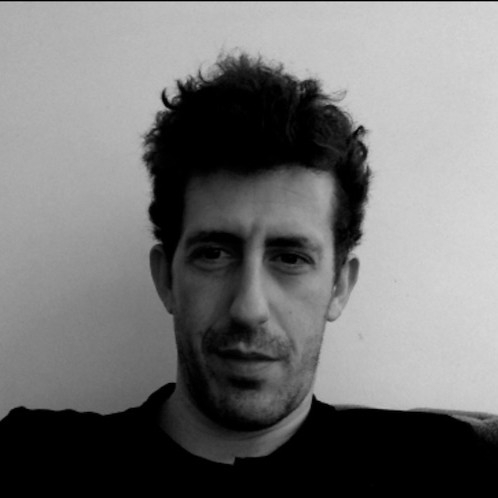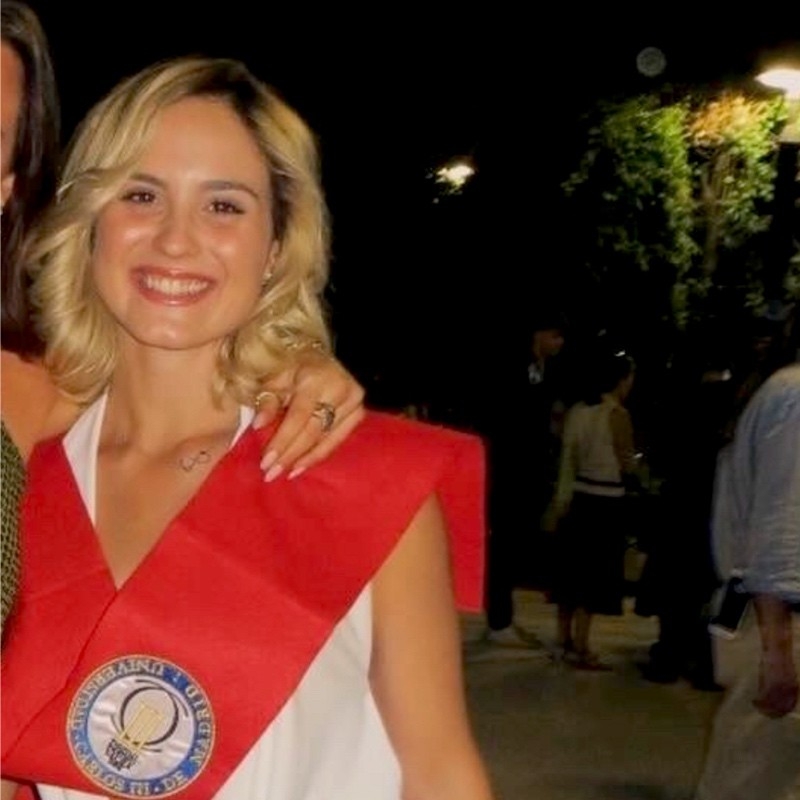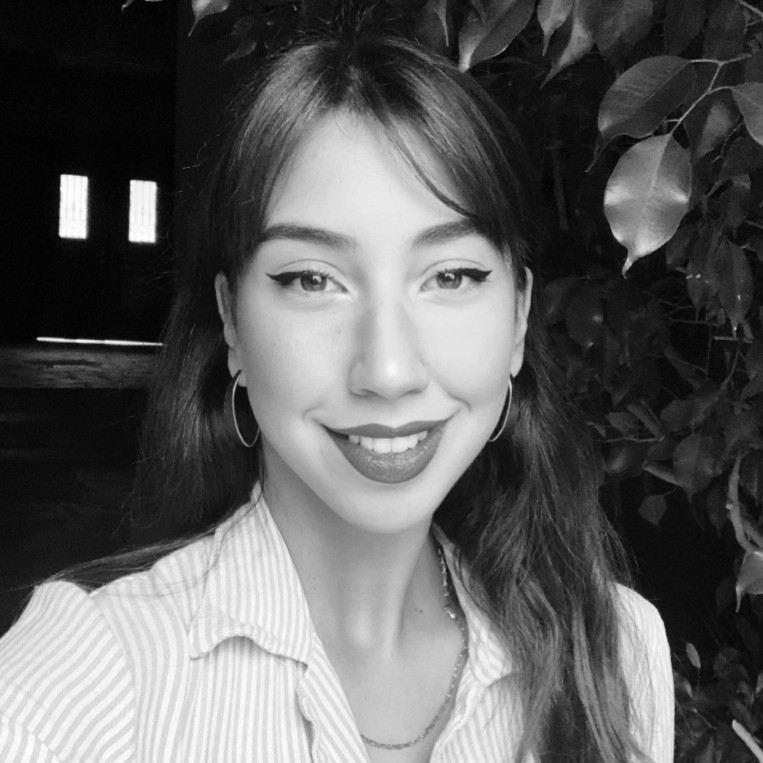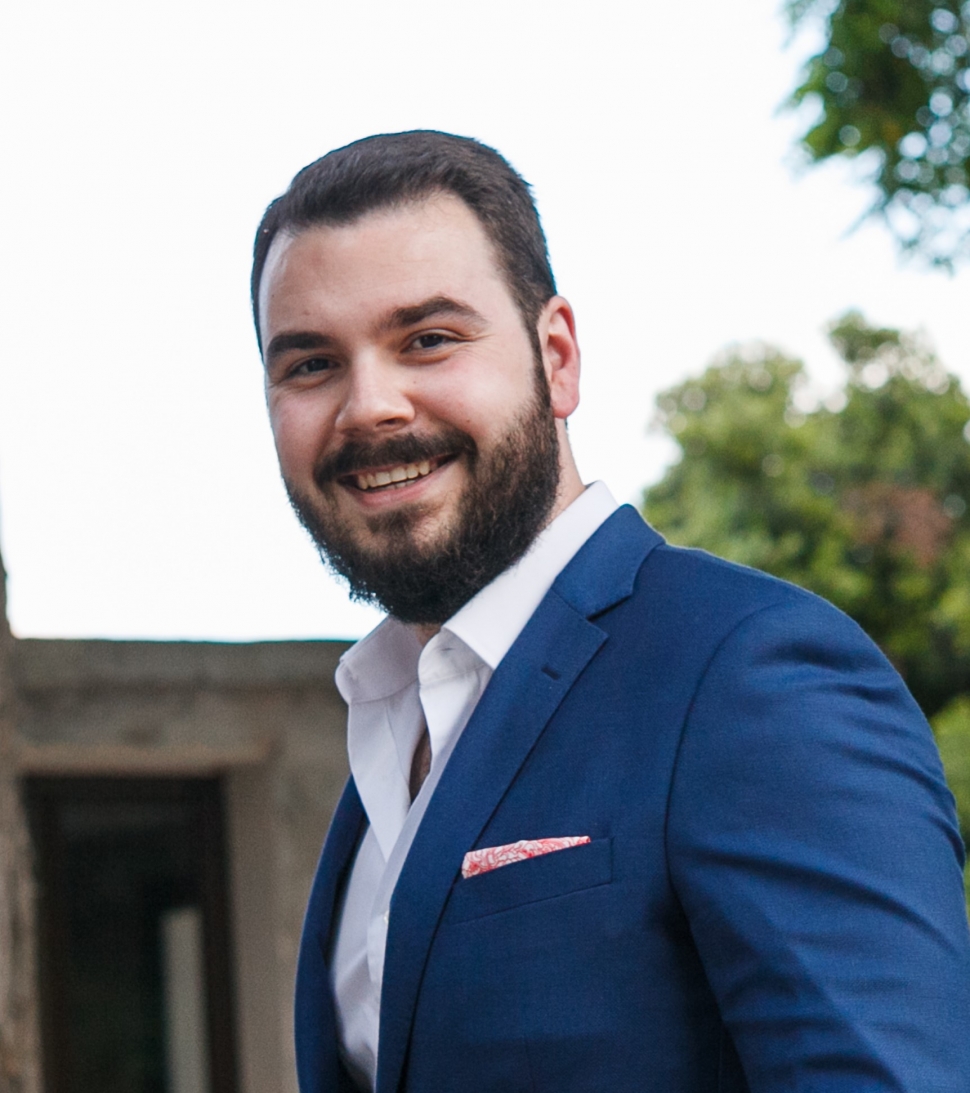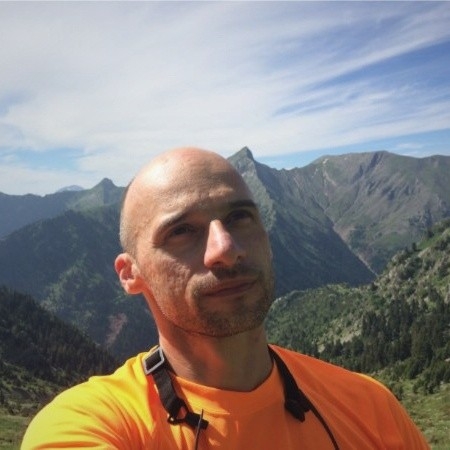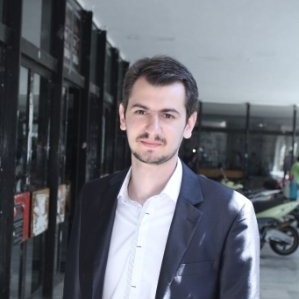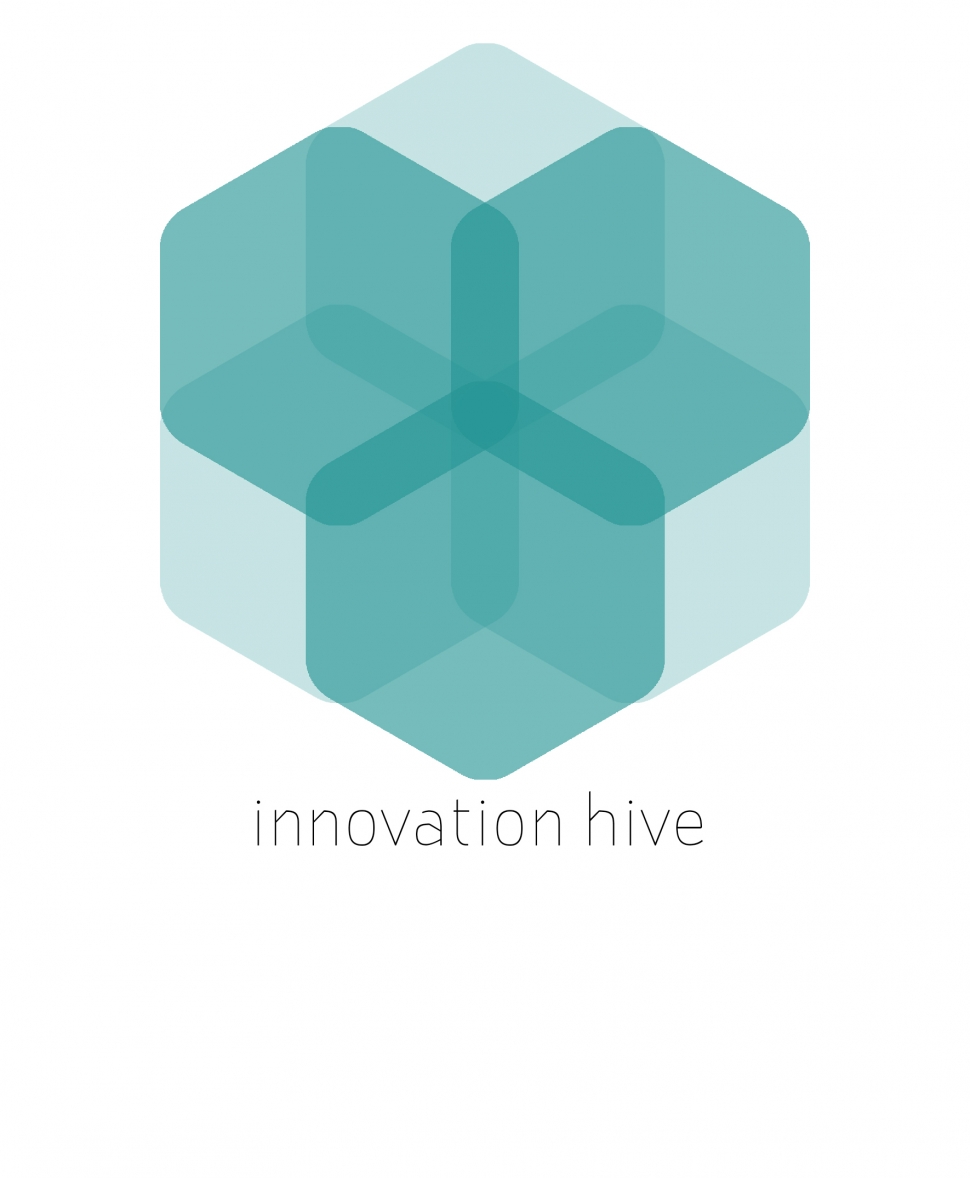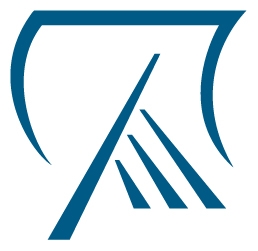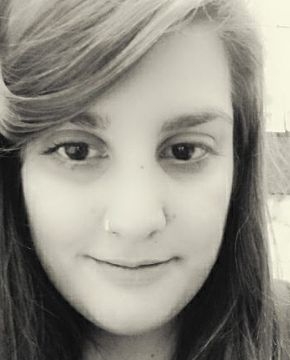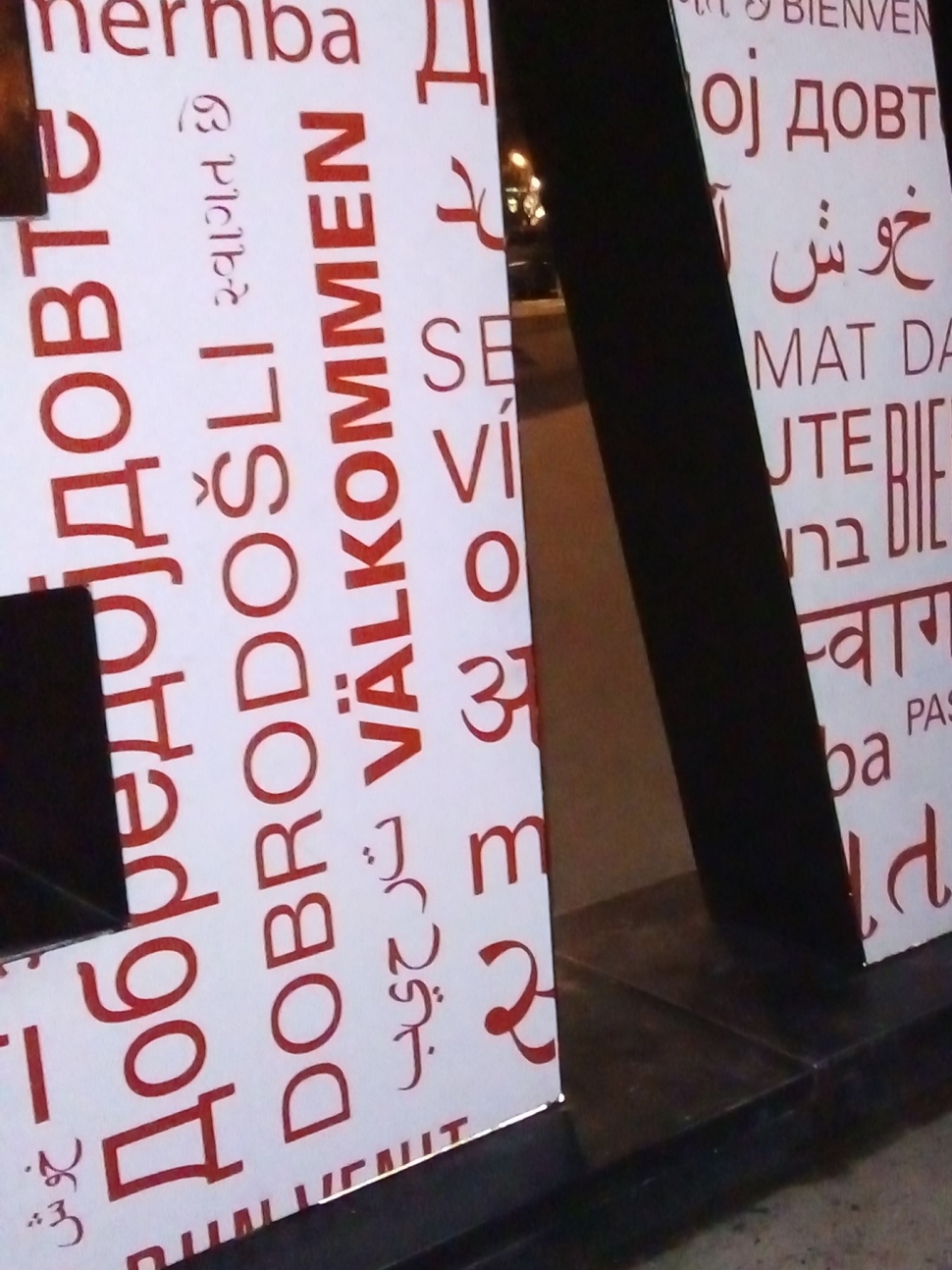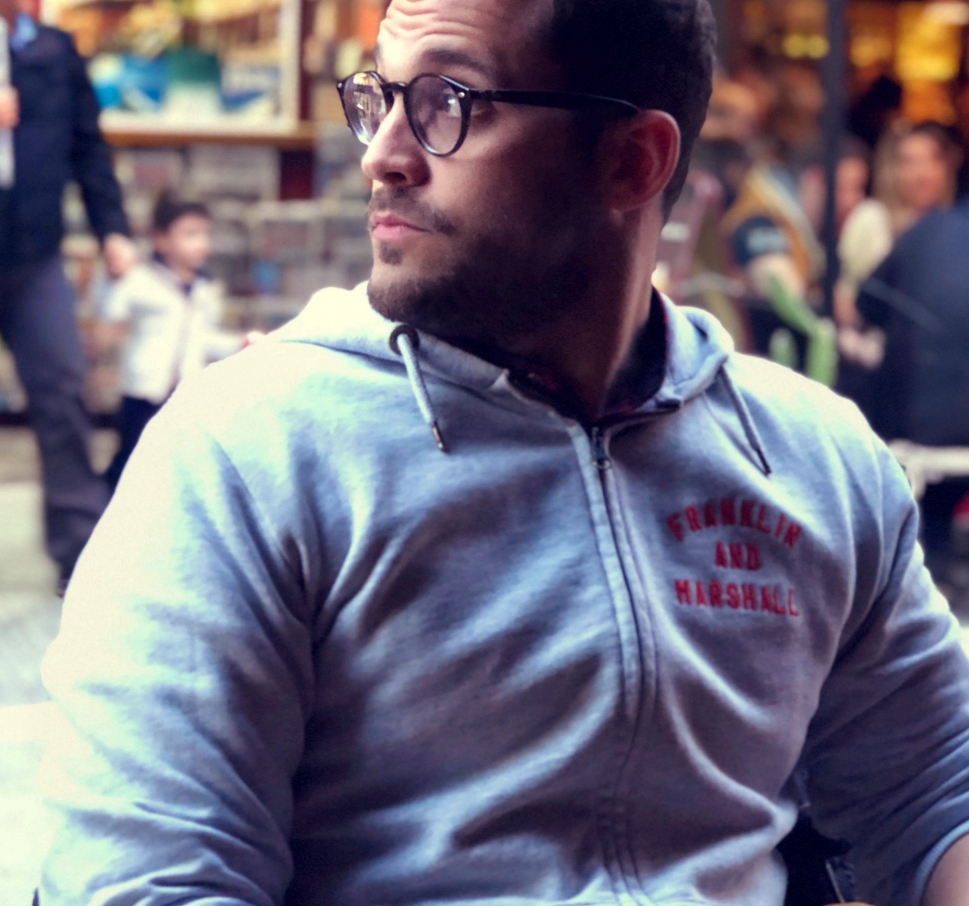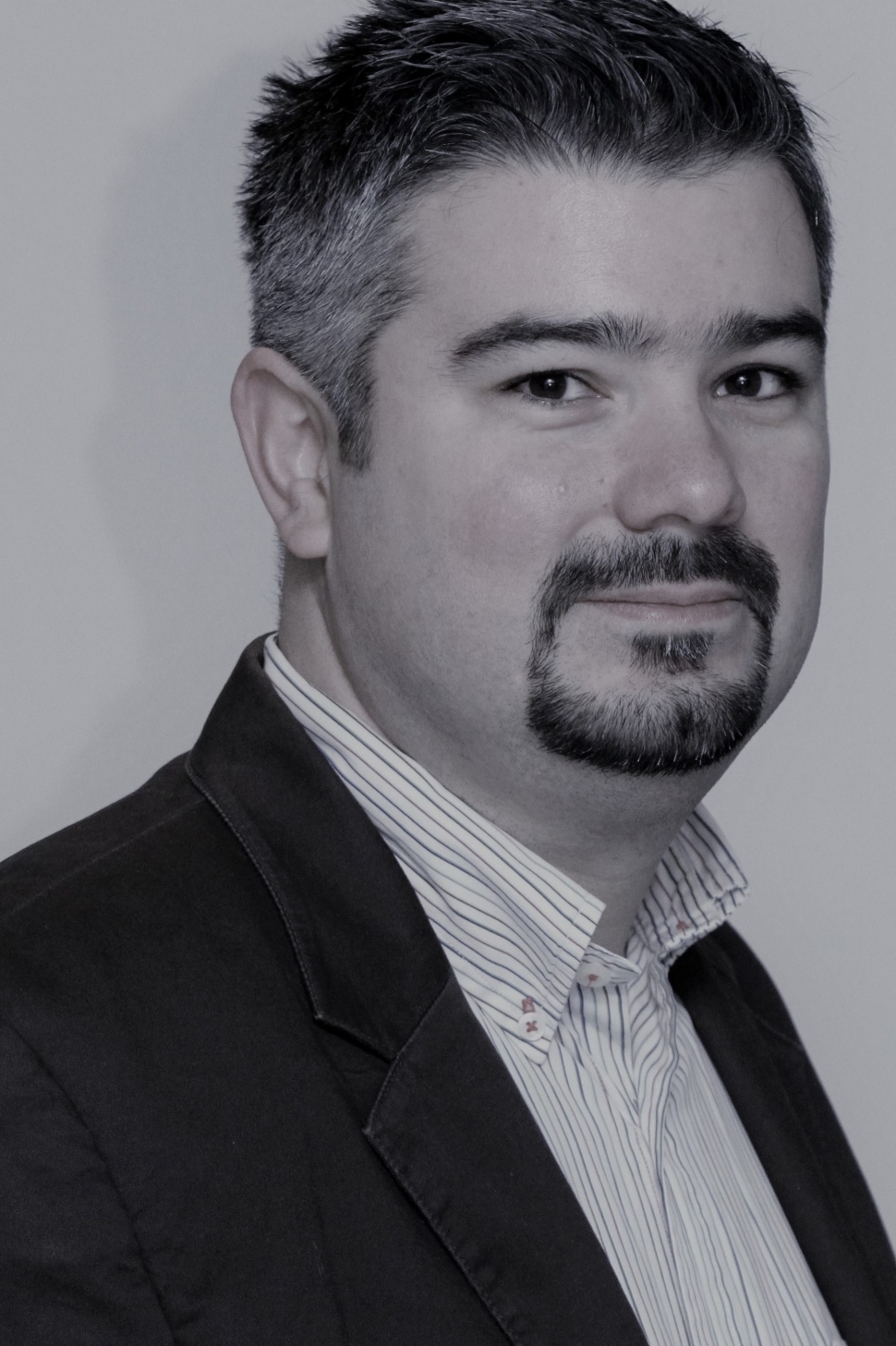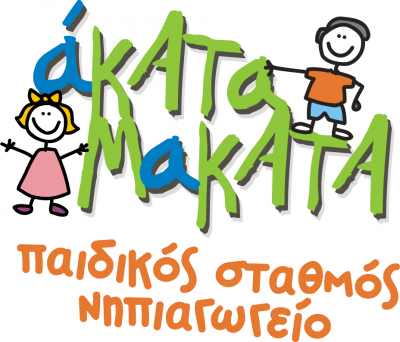
Akata - Makata kindergarten school
Looking for Partnership
Akata Makata nursery and pre-school, Greece: Akata Makata is situated in the heart of Larissa city centre, the 3th biggest city in Greece, in a well-developed region.
Having as main principle the children and their needs, we created a school, where every child is unique and the education provided respects his personality, linguistic, social & cultural identity. We aim at the comprehensive development of children and their subsequent attitude towards learning in personal empowerment and the formation of healthy personalities.
Our goal is to make the integration of the infant in the educational system as easy, correct and enjoyable as possible.
Children's entrance into the preschool environment inaugurates a new period in the child's life, on the success of which depends his smooth development. Our goal is the harmonious development of the child, the cultivation of his mental and psychic skills and his development into a healthy personality, ready to integrate smoothly into the next stage of his education.
Akata Makata comprises a nursery and a pre school, so its students are between 2 and 6 years of age. The classes are organised in 2 sessions; one in the morning and one in the afternoon. The students include children from the city and the region as well as children with a mixed origin or background, so they speak a variety of languages, have different religions, come from various cultures and ethnicities. There are children with Italian, Australian, British, Albanian and Russian background and kids who were born and have lived in other countries, whose parents are both Greek, both foreigners or one of them is Greek.
Preschool children in Akata Makata have a first contact with English language in their curriculum with age appropriate activities in a ‘learning through play’ environment. It is well-known that children who start contact with foreign languages from a very young age are more easily aware of other peoples'
cultural values by adopting a positive attitude and interest in people who speak a different language than their own. Our school has rich experience in the application of cross-curricula activities including hands-on games, stories, drama, dance, sports, ecological and artistic activities in the teaching process provided by our qualified English Language and Literature teacher.
The school has been teaching children in their first steps STEAM. In the practical courses and workshops, there are many of the children's parents, who are specialists in their current field of professional skills, who participated along with the students. During this school year the school has included courses on STEAM in the 4-6 age group.
The pedagogical approach used was classical constructivism. Based on this, our learning environment provided our pupils with authentic activities that were integrated into real-world problem-solving processes. In addition, young students-built knowledge more effectively as they were actively involved in making real objects that made sense to themselves, such as LEGO constructions, computer programs, etc.
Our school has experience in E-STEAM projects as inthe past implemented mentoring activities with children of pre-school age, aiming at enhancing gender equality in STEAM fields of employment and tackling gender discrimination. Ε-STEAM project was mainly based on project-based learning, problem-based learning as the main teaching (learning) approach to guide teachers and girl students through cooperation and practice, to complete the theme of the project and solve problems encountered in ;
Our school has got experience in applying cross-curricula approach. What has always been in the focus of our work at Akata Makata is the balanced approach to the development of both computer and creative skills as modern children are naturally attracted to the former so they tend to neglect the latter. Therefore the idea on which this project is based will supplement and develop our efforts further. We aim at involving the following: pedagogues, trainers, psychologists, school administrators, NGOs, the children's parents, siblings and relatives.
We believe that exchanging information about and experience of pedagogical methods applied in the project partner schools will be of mutual interest and benefit for the educators and the present and future students. Consequently, the realisation of the project will add value to the overall youth policy designed, developed and applied by the European Union institutions.

